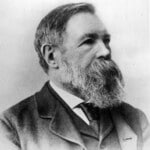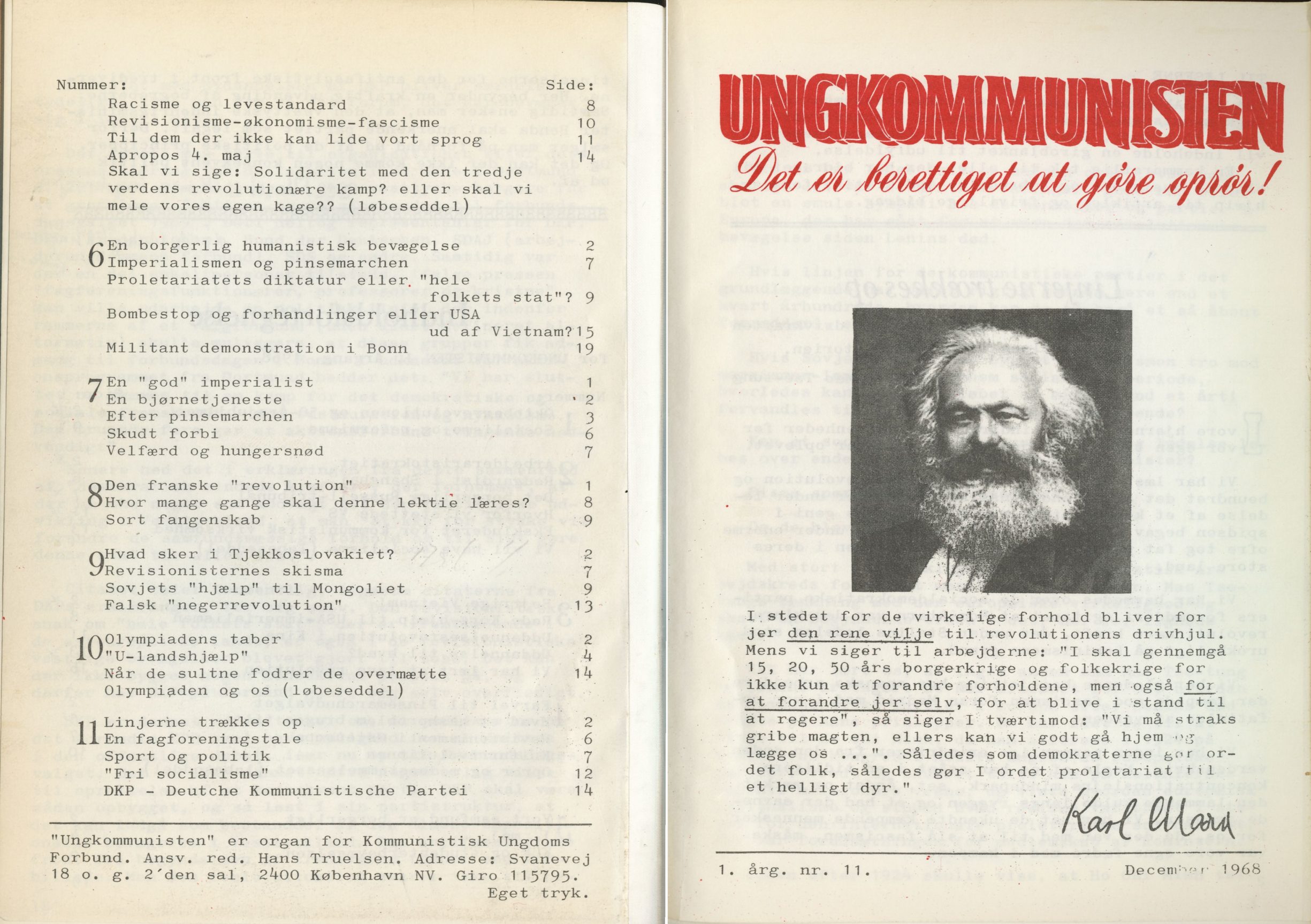About the text:
From: On Colonies, Industrial Monopoly and Working Class Movement, Futura, 1972, 57 p., p. 14.
(Extract)
Date March 1850.
… Far from desiring to revolutionize all society for the revolutionary proletarians, the democratic petty bourgeois strive for a change in social conditions by means of which existing society will be made as tolerable and comfortable as possible for them. Hence they demand above all diminution of state expenditure by a curtailment of the bureaucracy and shifting the chief taxes on to the big landowners and bourgeois. Further, they demand the abolition of the pressure of big capital on small, through public credit institutions and laws against usury, by which means it will be possible for them and the peasants to obtain advances, on favourable conditions, from the state instead of from the capitalists; they also demand the establishment of bourgeois property relations in the countryside by the complete abolition of feudalism. …
The domination and speedy increase of capital is further to be counteracted partly by restricting the right of inheritance and partly by transferring as many jobs of work as possible to the state. As far as the workers are concerned, it remains certain above all that they are to remain wageworkers as before; the democratic petty bourgeois only desire better wages and a more secure existence for the workers and hope to achieve this through partial employment by the state and through charity measures; in short, they hope to bribe the workers by more or less concealed alms and to break their revolutionary potency by making their position tolerable for the moment. … For us the issue cannot be the alteration of private property but only its annihilation, not the smoothing over of class antagonisms but the abolition of classes, not the improvement of existing society but the foundation of a new one. …
—–
MESW Vol. 1, p. 101-102.
The complete text can be found online at Marxist Internet Archive, MIA.




























